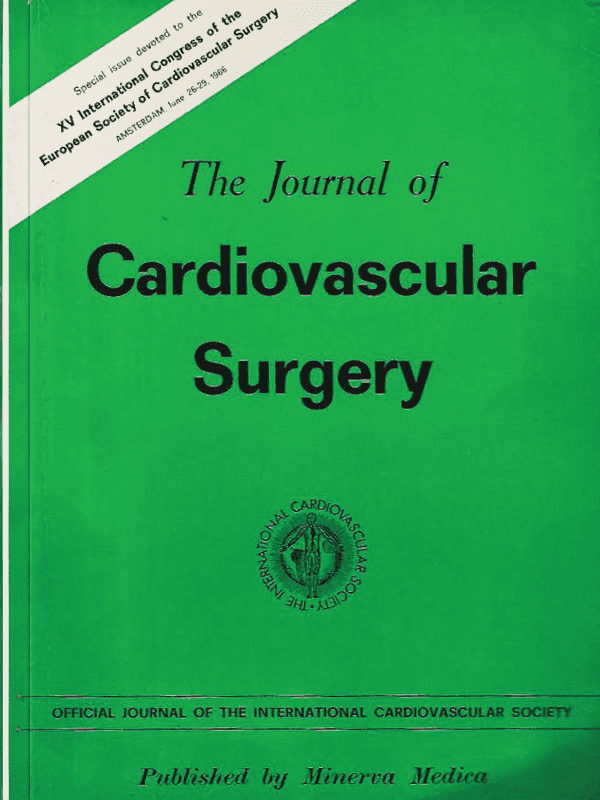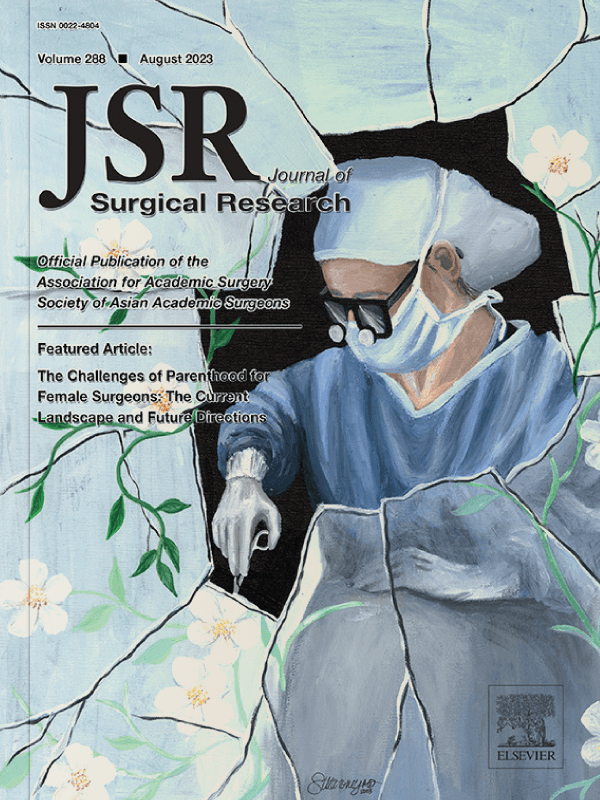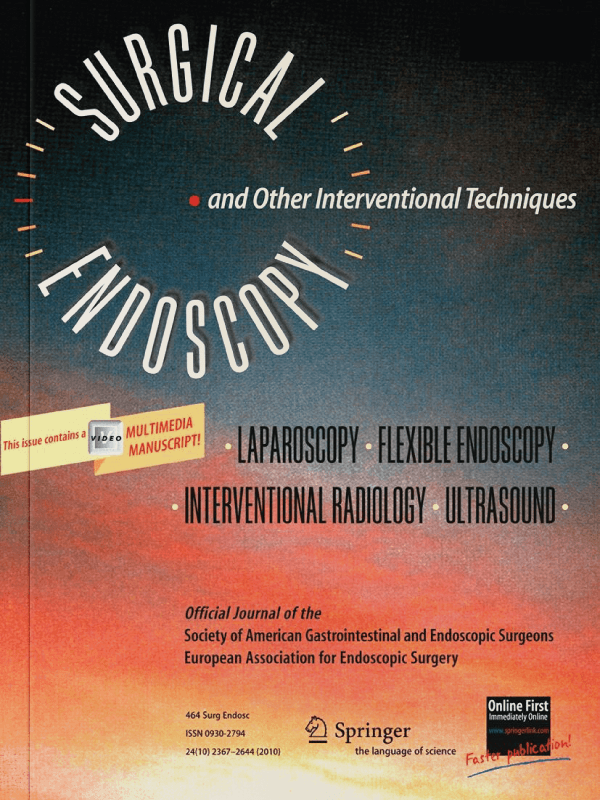TECHNICAL PERFORMANCE
Validation of a structured training and assessment curriculum for technical skill acquisition
Published on
Feb 1, 2013
Annals of Surgery
Vanessa N Palter, Neil Orzech, Richard K Reznick, Teodor P Grantcharov
Overview
Residents in the STAC group outperformed residents in the conventional group in the first (P = 0.004), second (P = 0.036), third (P = 0.021), and fourth (P = 0.023) laparoscopic cholecystectomies. The conventional group demonstrated a significant learning curve in the OR (P = 0.015) in contrast to the STAC group (P = 0.032). Residents in the STAC group also had significantly higher nontechnical skills (P = 0.027).
Results
This study aimed to develop and validate a comprehensive ex vivo curriculum for basic laparoscopic procedures, addressing the gap in integrating simulators into training. A randomized trial involving 20 surgical trainees compared a structured training and assessment curriculum (STAC) to conventional residency training. The STAC included case-based learning, virtual reality training, laparoscopic box training, and operating room (OR) participation. Results showed that STAC participants significantly outperformed their conventional counterparts in technical performance across multiple laparoscopic cholecystectomies and exhibited superior nontechnical skills. Notably, the conventional group experienced a significant learning curve in the OR, while STAC participants demonstrated improved proficiency and shifted the learning curve into the simulation setting.
The STAC curriculum effectively enhanced both technical and nontechnical skills in laparoscopic training, indicating its potential to optimize surgical education and reduce reliance on the OR for initial skill acquisition.
Peer-reviewed Research




